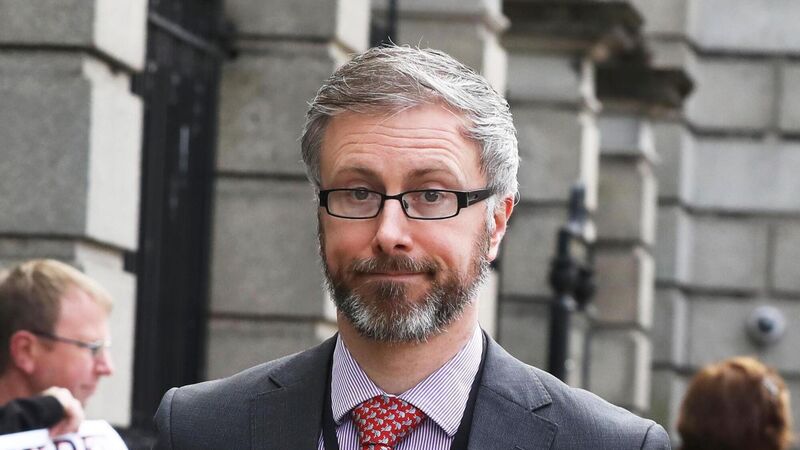Review finds potentially 20,000 illegal birth registrations

Minister Roderic O'Gorman
A review of a sample of illegal birth registrations in Ireland has found there could be potentially up to 20,000 suspicious cases.
The independent review advised against a full government inquiry noting it could cause more trauma to those involved, however, the government has not ruled an inquiry out.










